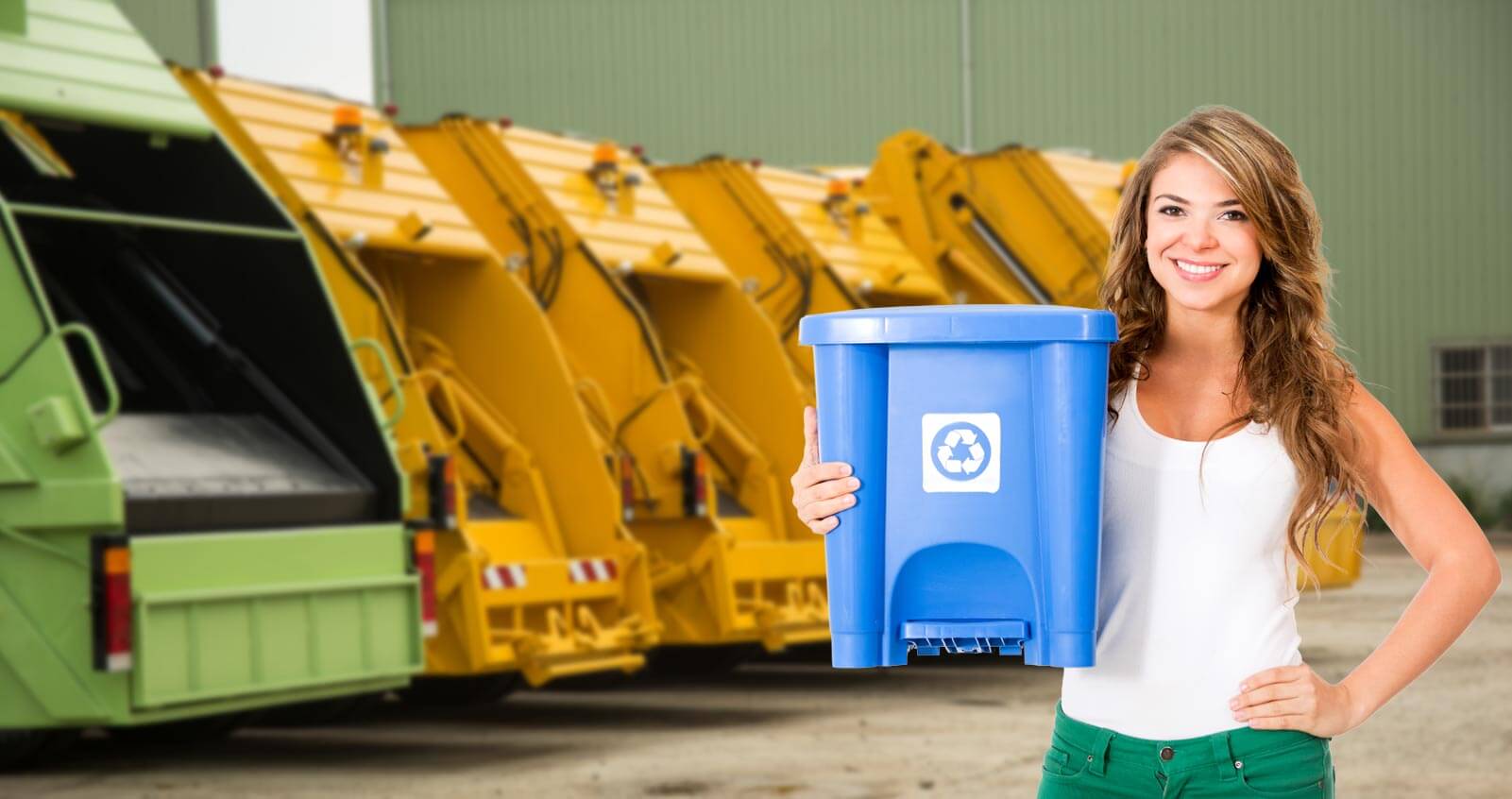Significance of Waste Transfer Notes
Posted on 06/08/2024
Waste transfer notes (WTNs) are critical documents in the management of waste, serving as proof that waste has been transferred from one party to another. They are essential in recording the transfer of waste between the producer, carrier, and waste management facility. These notes ensure that the waste is disposed of legally, sustainably, and safely.
Legal Compliance
One of the primary reasons for the significance of Waste Transfer Notes is legal compliance. Governments and environmental agencies mandate that waste producers must use WTNs to verify that waste is handled in a responsible manner. This helps in tracking the movement of waste and ensuring that it is not disposed of illegally. Non-compliance can lead to substantial fines, legal action, and reputational damage.

Environmental Responsibility
Waste transfer notes play a significant role in promoting environmental responsibility. By accurately tracking waste, organizations can ensure that it is disposed of correctly, thus minimizing the environmental impact. WTNs also help identify trends in waste production, which can motivate businesses to adopt more sustainable practices, such as recycling and waste reduction.
Transparency and Accountability
Transparency is crucial in waste management. WTNs provide a clear and auditable paper trail that ensures all parties involved in the waste management process are accountable for their actions. This transparency helps to build trust between the waste producers, carriers, and the regulatory bodies overseeing waste disposal.
Operational Efficiency
An efficient waste management system can save businesses time and money. WTNs simplify the process of waste disposal by providing a standardized method for recording waste transfers. This reduces the risk of misunderstandings and errors, ensuring a smoother operation. Businesses can manage their waste more efficiently, reducing the costs associated with waste disposal.
Data Collection and Analysis
Waste transfer notes are valuable tools for data collection and analysis. They can be used to identify patterns and trends in waste generation, which can help organizations to develop strategies to minimize waste. By analyzing the data from WTNs, businesses can improve their waste management practices and make more informed decisions.
Pros and Cons of Waste Transfer Notes
Like any system, using waste transfer notes has its advantages and disadvantages.
Pros:
- Legal Compliance: Helps businesses comply with waste management regulations.
- Accountability: Creates an audit trail that holds all parties accountable.
- Environmental Protection: Ensures proper disposal of waste, reducing environmental harm.
- Data Collection: Facilitates the collection of data for improving waste management practices.
Cons:
- Administrative Burden: Can be time-consuming to fill out and manage.
- Potential for Errors: Human error in completing WTNs can lead to inaccuracies.
- Storage and Retrieval: Managing a large number of paper WTNs can be cumbersome.
Tips for Effective Use of Waste Transfer Notes
1. Train Staff: Ensure that all relevant staff are trained in how to correctly fill out and manage WTNs.
2. Use Digital Tools: Where possible, use digital tools and software to manage WTNs, reducing the risk of errors and making data retrieval easier.
3. Regular Audits: Conduct regular audits to ensure that all WTNs are filled out correctly and that any discrepancies are addressed promptly.
4. Stay Updated: Keep up-to-date with any changes in waste management regulations to ensure continued compliance.

Takeaways
- Waste transfer notes are essential for legal compliance in waste management.
- They promote environmental responsibility and operational efficiency.
- Proper use of WTNs leads to greater transparency and accountability.
- Businesses can enhance their waste management practices by analyzing the data from WTNs.
- There are both benefits and challenges associated with the use of WTNs.
Conclusion
In conclusion, waste transfer notes are a vital component of effective waste management. They ensure legal compliance, environmental responsibility, and operational efficiency. By implementing best practices and leveraging digital tools, businesses can overcome the challenges associated with WTNs and use them to improve their waste management strategies. Proper use of WTNs not only helps in complying with regulations but also promotes a more sustainable and accountable approach to waste management.




